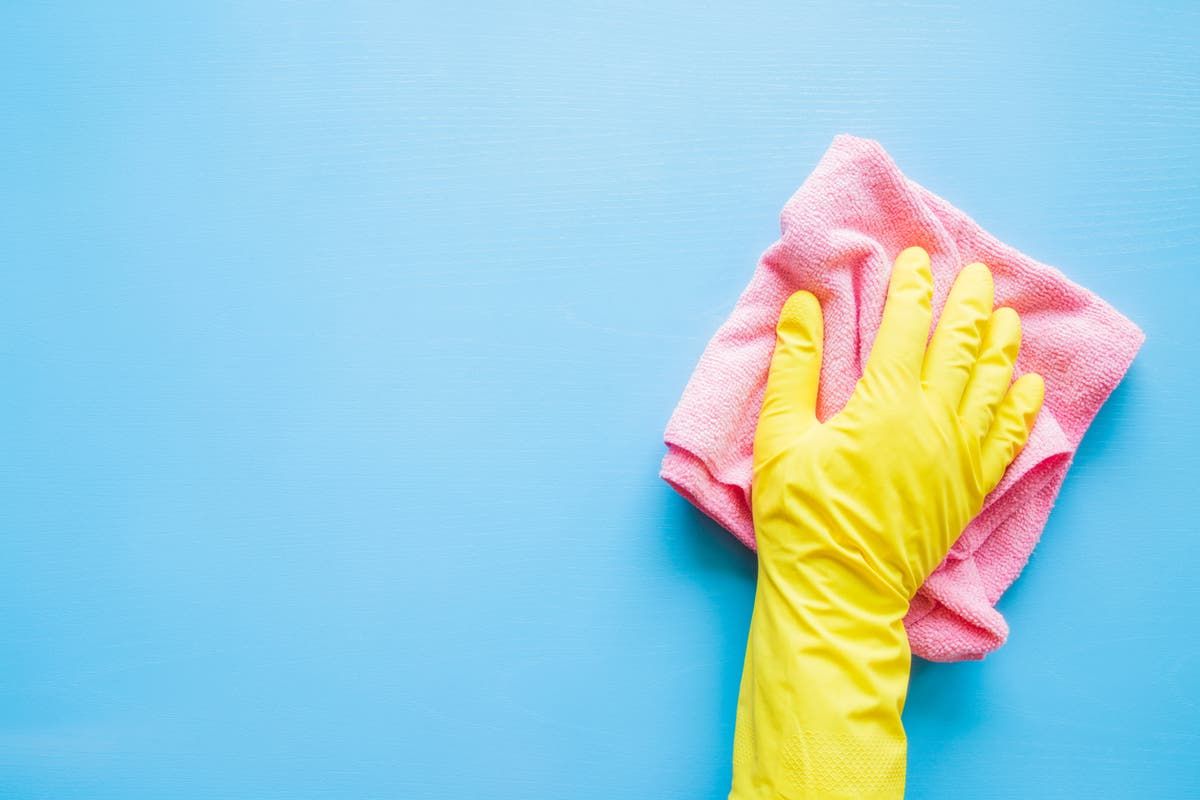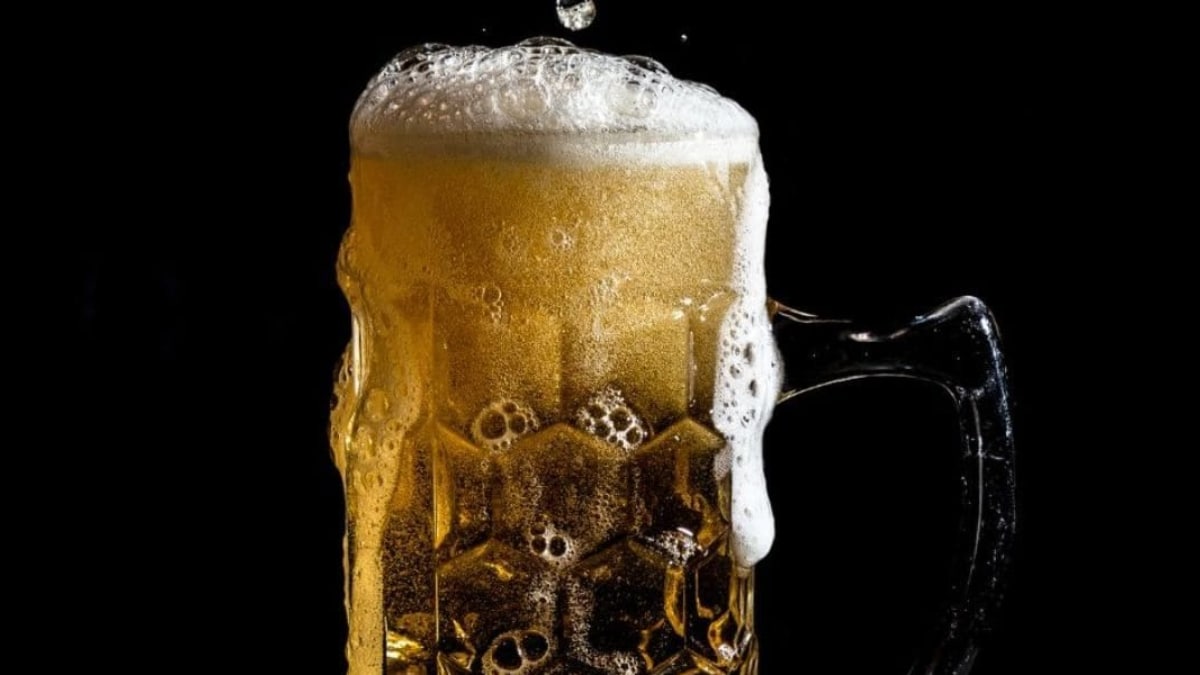Spring cleaning season is in full swing and with it #cleantok, TikTok's fast-growing cleaning community.
Popular social media tricks seem to produce surprising results, but do they all really work?
It turns out that some might actually be causing more trouble than they're worth, and bad habits emerge among the good ones.
So what should we avoid as we put on the rubber gloves to prepare the house and garden?
Creating a bubbling cauldron in your bathroom
“We've all seen those satisfying videos on TikTok where someone uses 100 cleaning products on a single toilet bowl.
“Creating an effervescent rainbow display that Lush would be proud of,” says Alison MacLean, who co-ordinates the show homes at St. Modwen Homes.
(Getty Images/iStockphoto)
However, as nice as it may seem, she says that mixing multiple cleaning products can be very dangerous, not only for the toilet surfaces, but also for the person creating the mixture.
“Mixing these cleaners can result in the creation of toxic gases that could be harmful if inhaled, so it's safer to use one specific product per clean,” warns MacLean.
mopping your walls
“A common trick I see on TikTok is people using their mops to clean their walls,” MacLean notes. “While this handy trick might make dusting faster and more efficient, it could actually lead to moisture and mold.”
By mopping the walls, any remaining moisture can soak into the walls, creating a perfect environment for nasties to grow and thrive, he says.
“This can be especially common in new construction homes where the walls are more porous or on wallpapered surfaces.
“So, if you want to reduce the time you spend dusting, it's best to use a dry mop base instead of one loaded with moisture and products, or just invest in an old-school duster!”
Use lemon juice to clean bathroom surfaces.
“Whenever we see hard water stains, product buildup, or rust on our bathroom chrome surfaces, often the first trick that comes to mind is to use lemon juice to remove them,” says MacLean.
“But this should be used with extreme caution, as the acidity of this fresh lemon-flavored trick can cause some problems.
“Lemon juice can remove the protective layer of chrome, causing it to flake, peel, and even rust, putting you in a worse position than when you started.”
When cleaning chrome, it's best to use a mild detergent like vinegar or dish soap, he advises.
Use laundry capsules to clean your floors
“When it comes to cleaning floors, TikTok is full of tricks to make those tiles shine,” notes MacLean. “One of the most popular methods is to dissolve a laundry tablet in the mop water and use it as a cleaner.”
As she points out, laundry pods are naturally filled with detergents and enzymes to clean clothes; They are not formulated for use elsewhere.
“The ingredients in the laundry pods will leave a sticky film on the floor, which will act as a natural dust magnet once dry.
“That said, the laundry pod mixture could damage the floor as it could be absorbed into the fabric and retained, possibly resulting in mold, mildew, and moisture.”
She recommends sticking with a traditional floor cleaning product for best results.
Using ammonia-based products to clean outdoor furniture
“Wooden outdoor furniture, especially those made from acacia or eucalyptus, requires regular cleaning to ensure it stays in top condition,” advises Andrew White of Harbor Lifestyle, a luxury outdoor living brand.
“However, using the wrong type of detergent can wreak havoc on the wood and cause cracks to form.”
White recommends avoiding products containing ammonia, including some household furniture polishes and unsuspecting multi-surface cleaners, to avoid unnecessary damage.
“Instead, use a mild dish detergent, warm water, and a cloth to periodically clean your wooden outdoor furniture and avoid pressure washing at all costs.”












